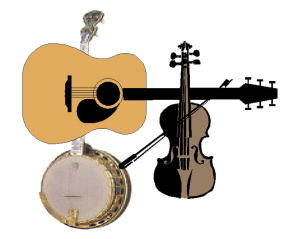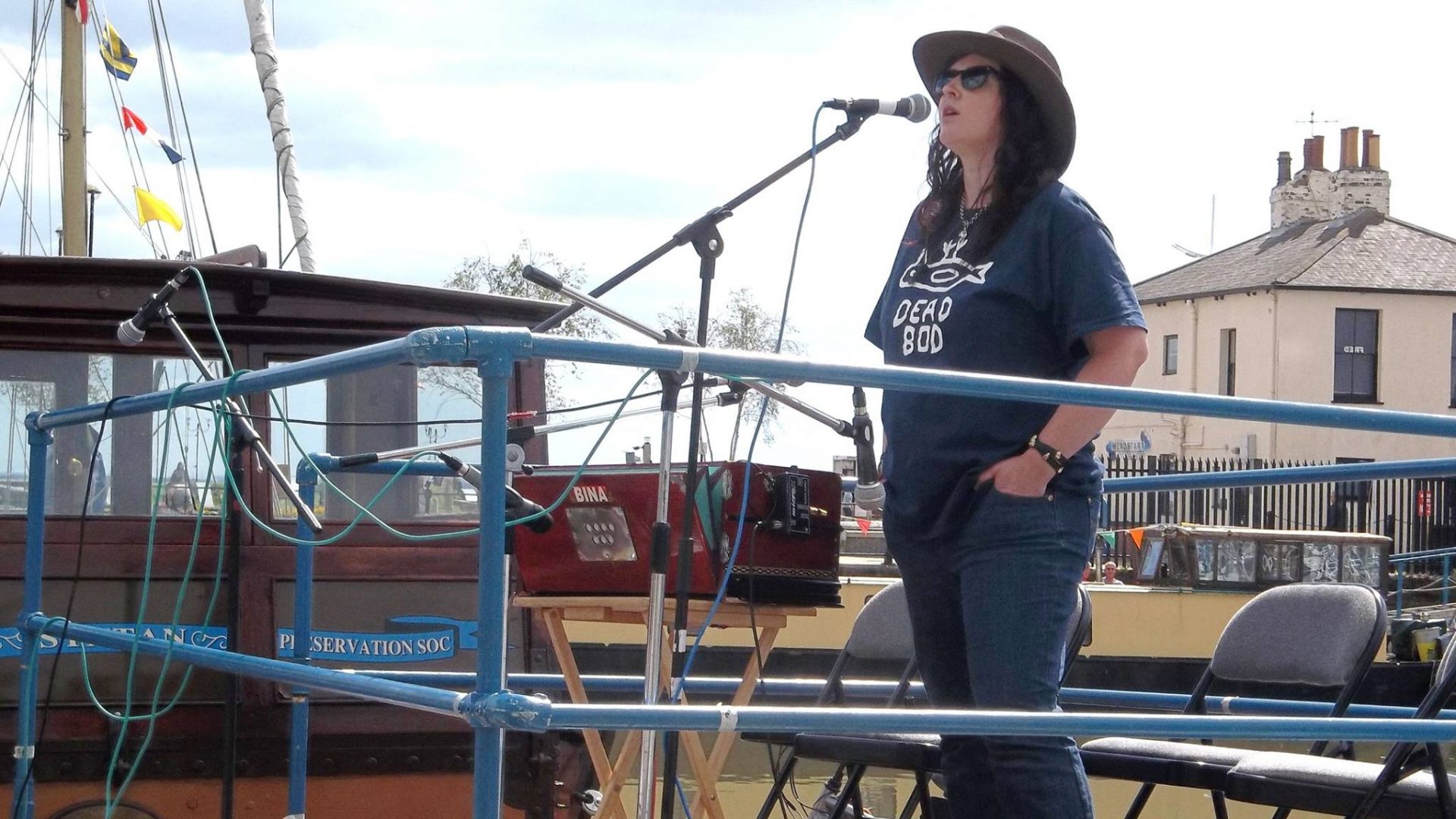 Ok, that’s a pretty big question that I’m clearly not going to be able to answer definitively here in this little old blog. But recent gigs and events have had me musing on what ‘folk’ means to me, at any rate, so here goes…
Ok, that’s a pretty big question that I’m clearly not going to be able to answer definitively here in this little old blog. But recent gigs and events have had me musing on what ‘folk’ means to me, at any rate, so here goes…
In a nutshell, I believe that ‘folk’, as the word suggests, means ‘music of, for and by the people’. It should, essentially, tell stories about people and historic events, usually along the themes of work struggles (on land and at sea), politics, military battles, and often local legends and colourful individuals. Simple love songs, although often very nice, to me, are not really folk, unless the love story is set against some significant event.
I’m also aware of all that stuff that is said to gain you ‘points’ as a folk performer or band – you get extra if you have a beard or a hat, for example. I don’t, thankfully, have the former, but am fond of wearing lots of the latter (but only one at a time, I am not that mad – yet). And the more traditional your instrument – squeezebox, whistle, accordion, etc – adds authenticity, of course. There are thousands of singer-songwriter guitarists out there who are always lumped under the ‘folk’ banner (because no-one really knows where else to classify them), but just because you play an acoustic does not necessarily make you folk, in my opinion.
What I’m getting at is there’s got to something about the tradition in there somewhere. Folk, by its very nature, should be an ever-evolving thing, so I have absolutely no problem with electric instruments or crossovers with other genres, but it’s got to remember its roots. How the music does that is down to the creativity and innovation of the musicians, but to me the best music recalls the past while also remaining current and fresh.
I recently performed at the Filey Folk Festival with Beggar’s Bridge and, while we didn’t have time to see all of the acts over the weekend, it seemed to me that we were among the few real ‘folk’ acts there. The others were mainly indie bands, singer-guitarists and occasionally it veered into jazz. I wondered what anyone from outside the scene expecting to find folk would have thought.
But later, talking to the management at the pub we played at, they said that putting the word ‘folk’ in the festival title was a deliberate tactic to basically dissuade drunken idiots from turning up. In the same way that jazz nights at my local pub, Pave in Hull, see the majority of those ‘out for a good night’ turn on their heels and exit sharpish once they hear the sound of trumpets, ‘folk’ is used to ensure a better, more cultured, kind of audience from the off. I’m not sure what I think about this – on the one hand I find it a tad cynical and fear that ‘folk’ is being diluted to mean ‘any old stuff that’s not pop’, but on the other, it does bring a lot of people together and offer them a platform they might not otherwise have been able to find.
Whatever ‘folk’ is, I think it’s alive and kicking with a host of great young artists, such as Ewan McLennan, Hannah James and Sam Sweeney, Lady Maisery and of course Bellowhead, and loads of festivals, large and small, across the UK. I don’t think it matters massively that some bands playing these festivals are not what many would call true folk. If we dwell too long on what ‘true folk’ is, we risk being seen as snobbish and elitist (an accusation sometimes rightly levelled against some finger-in-the-ear, dyed-in-the-wool folk club types, hence the ironic use of the term ‘the folk police’ by this Manchester record label). As long as we all stand together for live music and against autotuned pop shite, that’s what matters.
